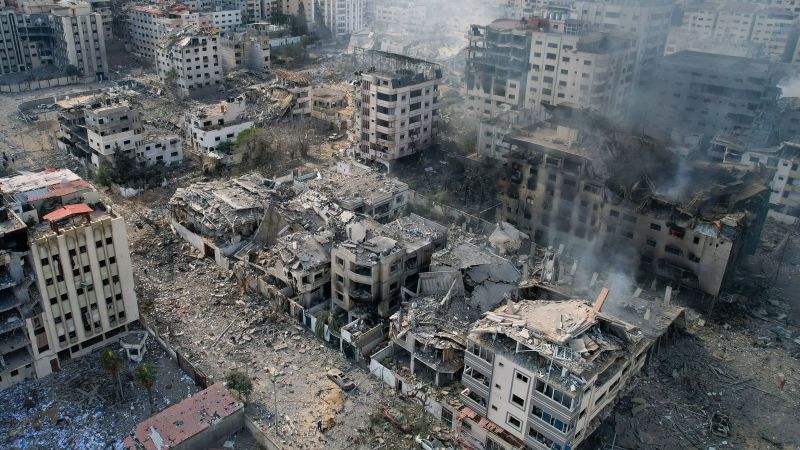
The humanitarian crisis in the Gaza Strip is deepening as Israel tightens its grip on the Palestinian territory.
Since the start of theist month, Israel has imposed stringent restrictions on essential supplies, including fuel, medical supplies and food. This has resulted in severe shortages of electricity and water, leading to widespread disruption.
Residents have long been below the poverty line, with 85 percent of the population receiving some form of financial aid. But now, access to water is becoming an increasingly urgent concern.
The UN estimates that over 95 percent of the population has no access to safe drinking water due to poor infrastructure and quality of water, and the situation is now being exacerbated by the increasing cost of fuel, which is needed to operate the water pumps and sewage systems.
The situation is being compounded by the recent downgrading of the electricity supply by the Israel Electric Company, leading to lengthy daily power outages of between 8 and 12 hours in most of the Gaza strip.
The result is a serious shortage of clean water, especially in refugee camps. The UN estimates that if the water supply does not improve, up to 300,000 people will be unable to access the safe minimum water requirement within the next few months.
Although the exact cause of the humanitarian crisis is not known, it is likely that the ongoing political tensions between Israel and Palestine have played a role. The most recent flare-up in tensions occurred in 2018 when Israel imposed a blockade on Gaza after Hamas, the de facto government, fired rockets into Israeli territory.
To alleviate the crisis, the UN is calling for all parties to work towards a solution. This includes providing access to essential supplies, as well as long-term funding to improve the water infrastructure. In the meantime, NGOs are stepping in to provide emergency relief.
The situation highlights the need for a lasting solution to the crisis in Gaza in order to alleviate the human suffering and ensure the basic rights of the people of Gaza are met.

